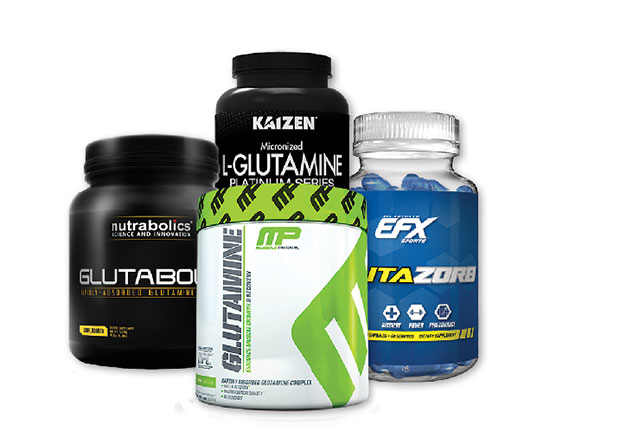Muscle Talk

Jaime Filer graduated with a kinesiology degree from York University, where she was a varsity athlete. She’s also a former competitive bodybuilder who competed in drug-tested events throughout North America. If something new is trending in fitness, chances are Jaime’s already tried it!

Fish oil - Rhodiola Rosea - Glutamine
Is there anything fish oil can’t do?
Researchers at the University of Washington took a look at 15 non-vitamin and non-mineral specialty supplements (glucosamine, chondroitin, MSM, fish oil, grapeseed extract, black cohosh, dong quai, soya extracts, St John’s wort, probiotics, Q10, melatonin, ginkgo, ginseng, and garlic), and their relationship to breast cancer. Of all these supplements, the researchers found that only fish oil reduced the chance of breast cancer. The scientists hypothesized that “fish oil inhibits inflammatory factors and thus reduces the chance of breast cancer.” As per findings in previous studies, women with high amounts of inflammatory markers in their blood are more likely to develop breast cancer. The fatty acids from fish reduce this concentration. No official word yet on what dose is most helpful, but we do know if fish oil isn’t in your current supplement regimen, ladies, it should be!

Rhodiola rosea: not just for migraines anymore!
Health gurus have been taking Rhodiola rosea for decades (maybe centuries) because of its naturopathic benefits: It improves mood, prevents altitude sickness, alleviates mental fatigue, and reduces severity and frequency of migraines, among myriad other benefits. But the sport supplement world may be catching on! A study done in Belgium found that endurance athletes who took 200 milligrams of Rhodiola rosea an hour before training or before a competition increased their stamina and oxygen. When it came to cycling endurance, the participants in the study increased the amount of energy produced by 20 watts each minute. It also extended the time to exhaustion by an average of 3 percent. The scientists even said its effect was comparable to amphetamines; that’s quite the claim! So if you’re an endurance athlete and haven’t considered using Rhodiola rosea, look into it.

L-Glutamine: the newest cure for rehydration?
What do Vitamin Water, Gatorade, Pedialyte, and glutamine all have in common? They can all rehydrate you, believe it or not! The glutamine that enhances the uptake of water isn’t the exact same type of glutamine we know, use, and love as bodybuilders for recovery and intestinal health. It’s a new type called L-alanyl-L-glutamine that has been studied and manufactured by Japanese researchers. It’s known as a dipeptide because it’s made up of L-glutamine and L-alanine, the benefits of both can be touted at length! Their hybrid cousin, however, is being studied in the athletic world because literature suggests that L-alanyl-L-glutamine helps muscle cells absorb more water from the blood, and helps the gut absorb more water from food. The most effective studied dose was 0.05 g/kg, and you can find it under the brand name SustamineTM.

